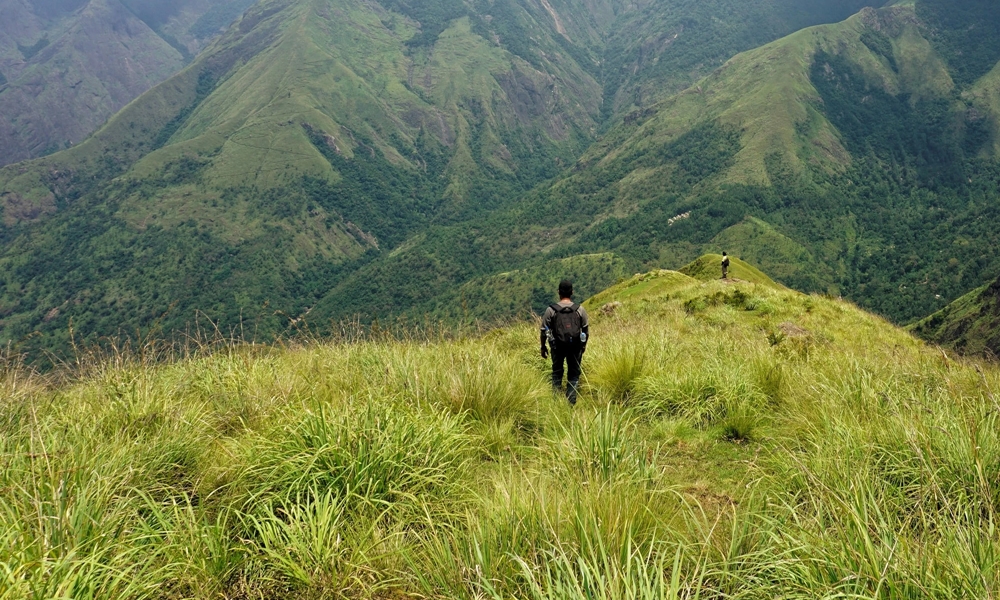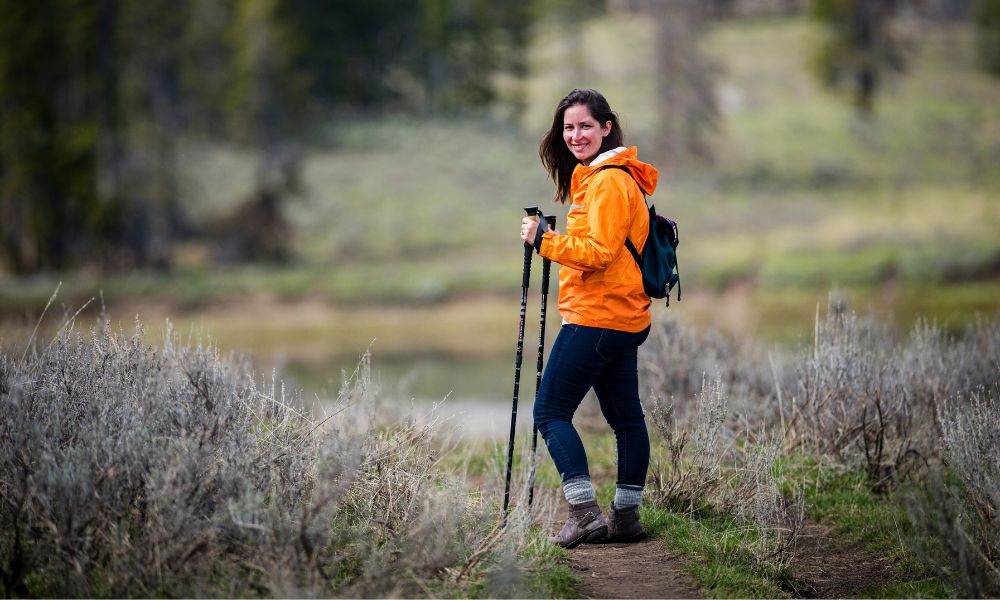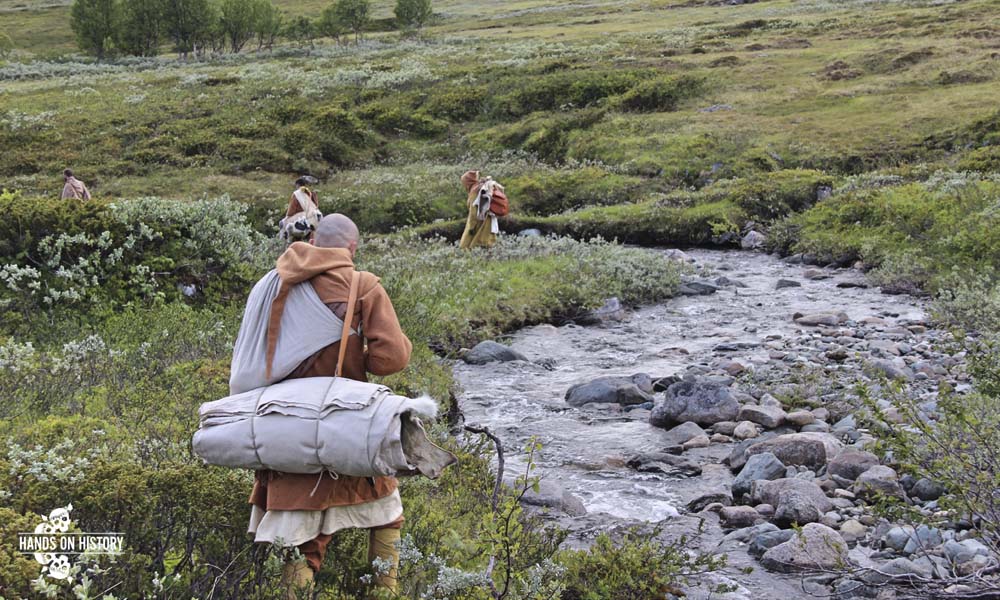If you’re an avid hiker looking for a challenge, high altitude hikes can provide an exhilarating and rewarding experience. However, hiking at high altitude can also pose several challenges to your body and mind. Here are some tips to help you prepare for the challenge:
1. Start Preparing Early
Preparing for high altitude hikes should start weeks or even months before you hit the trail. This gives your body time to adjust to the changes in altitude and helps reduce the risk of altitude sickness. Start with short hikes at lower altitudes and gradually increase the distance and altitude to build up your stamina.
2. Get in Shape
High altitude hikes require a good level of fitness. You should focus on building your cardiovascular endurance and strength training for your legs and core muscles. Incorporate exercises such as running, cycling, and strength training into your workout routine.
3. Hydration is Key
Dehydration is a common problem at high altitudes due to the dry air and increased respiratory rate. Make sure you drink plenty of water before, during, and after your hike. You can also carry a hydration pack or water bottle with you on the trail.
4. Fuel Your Body
Your body needs fuel to perform at its best at high altitudes. Eat a healthy and balanced diet rich in carbohydrates, proteins, and healthy fats. Avoid alcohol and caffeine, which can dehydrate you and make altitude sickness worse.
5. Pack the Right Gear
The right gear can make a huge difference in your comfort and safety on a high altitude hike. Make sure you pack clothing that can be layered for changing temperatures, sturdy hiking boots, a hat, sunglasses, and sunscreen. You should also carry a first aid kit, a map and compass, and a headlamp or flashlight in case you need to hike in the dark.
6. Know the Signs of Altitude Sickness
Altitude sickness can affect anyone, regardless of their fitness level or experience. Symptoms include headache, nausea, dizziness, and shortness of breath. If you experience any of these symptoms, it’s important to stop hiking and rest until you feel better. If the symptoms persist or worsen, you should seek medical attention immediately.
High altitude hikes can be a challenging but rewarding experience for hikers. By following these tips, you can prepare your body and mind for the challenges of hiking at high altitude. Remember to take it slow, stay hydrated, and listen to your body. With the right preparation and mindset, you can conquer any high altitude hike.




